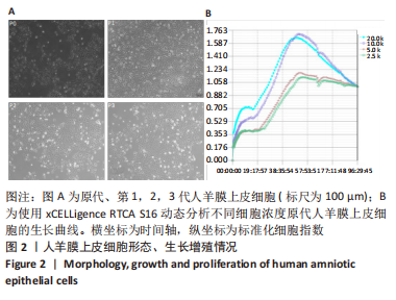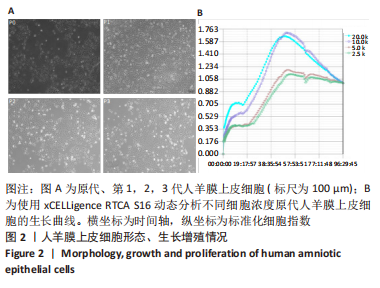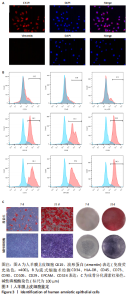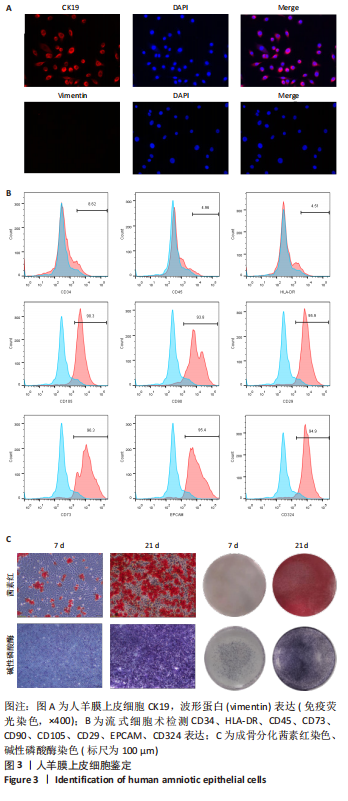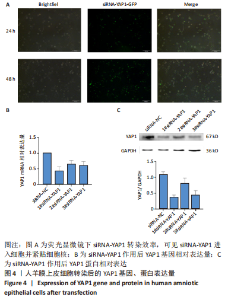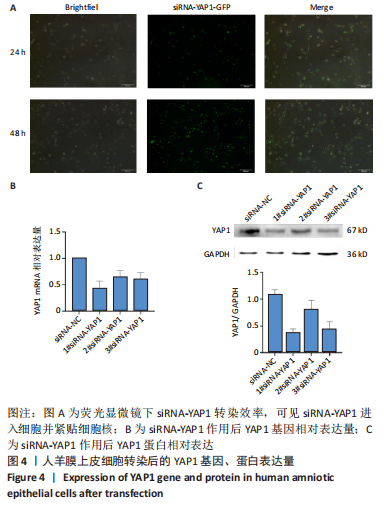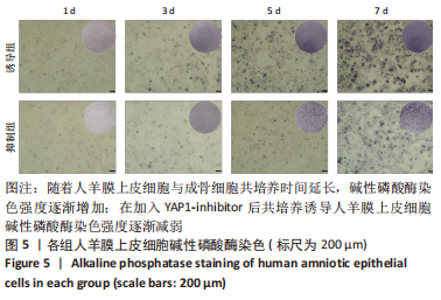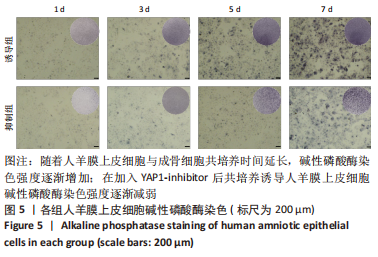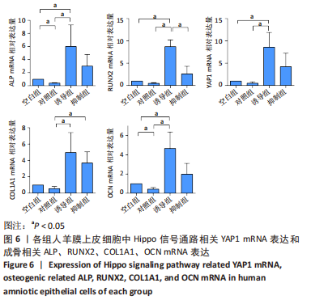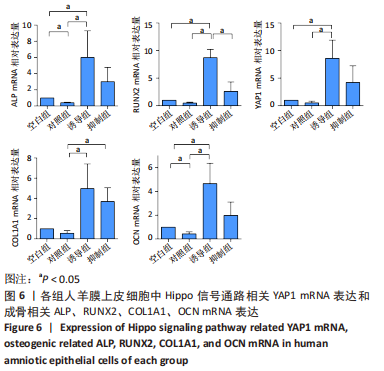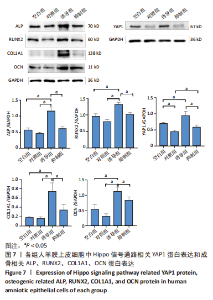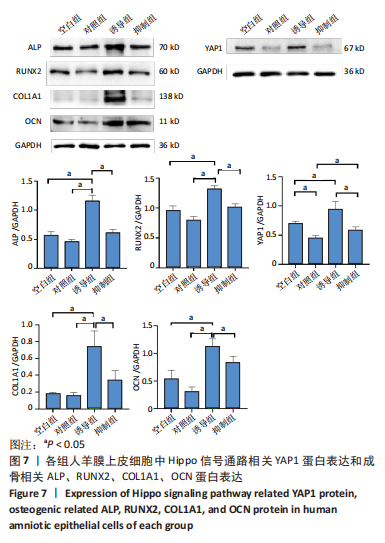[1] KLÜTER T, HASSAN R, RASCH A, et al. An Ex Vivo Bone Defect Model to Evaluate Bone Substitutes and Associated Bone Regeneration Processes. Tissue Eng Part C Methods. 2020;26(1):56-65.
[2] MILLS LA, AITKEN SA, SIMPSON AHRW. The risk of non-union per fracture: current myths and revised figures from a population of over 4 million adults. Acta Orthop. 2017;88(4):434-439.
[3] 邹波,高秋明,黄强,等.大段骨缺损外科治疗方法的应用研究进展[J].山东医药,2021,61(36):91-95.
[4] ZHA K, TIAN Y, PANAYI AC, et al. Recent Advances in Enhancement Strategies for Osteogenic Differentiation of Mesenchymal Stem Cells in Bone Tissue Engineering. Front Cell Dev Biol. 2022;10:824812.
[5] FU Y, CUI S, LUO D, et al. Novel Inorganic Nanomaterial-Based Therapy for Bone Tissue Regeneration. Nanomaterials (Basel). 2021;11(3):789.
[6] HO-SHUI-LING A, BOLANDER J, RUSTOM LE, et al. Bone regeneration strategies: Engineered scaffolds, bioactive molecules and stem cells current stage and future perspectives. Biomaterials. 2018;180:143-162.
[7] GUPTA A, CADY C, FAUSER AM, et al. Cell-free Stem Cell-Derived Extract Formulation for Regenerative Medicine Applications. Int J Mol Sci. 2020;21(24):9364.
[8] QIU C, GE Z, CUI W, et al. Human Amniotic Epithelial Stem Cells: A Promising Seed Cell for Clinical Applications. Int J Mol Sci. 2020; 21(20):7730.
[9] LIU QW, HUANG QM, WU HY, et al. Characteristics and Therapeutic Potential of Human Amnion-Derived Stem Cells. Int J Mol Sci. 2021; 22(2):970.
[10] JI J, YANG L. Advances on human amniotic epithelial cells and its clinical application potential. Sheng Li Xue Bao. 2022;74(1):80-92.
[11] JANSHOFF A. Viscoelastic properties of epithelial cells. Biochem Soc Trans. 2021;49(6):2687-2695.
[12] ZHANG Q, LAI D. Application of human amniotic epithelial cells in regenerative medicine: a systematic review. Stem Cell Res Ther. 2020; 11(1):439.
[13] WU Z, GUAN KL. Hippo Signaling in Embryogenesis and Development. Trends Biochem Sci. 2021;46(1):51-63.
[14] GREGORIEFF A, LIU Y, INANLOU MR, et al. Yap-dependent reprogramming of Lgr5(+) stem cells drives intestinal regeneration and cancer. Nature. 2015;526(7575):715-718.
[15] MA S, MENG Z, CHEN R, et al. The Hippo Pathway: Biology and Pathophysiology. Annu Rev Biochem. 2019;88:577-604.
[16] MA XF, MA XB, QIAN WJ, et al. Co-Culture of Adipose-Derived Stem Cells and Chondrocytes With Transforming Growth Factor-Beta 3 Promotes Chondrogenic Differentiation. J Craniofac Surg. 2020;31(8): 2355-2359.
[17] KAWAKAMI T, KOMATSU T, YOKOYAMA K, et al. Establishment of co-culture of human induced pluripotent stem cell-derived melanocytes and keratinocytes in vitro. J Dermatol. 2021;48(1):123-125.
[18] 王康,智晓东,张玉强,等.人羊膜上皮细胞激活EGFR/ERK1信号轴调节关节软骨细胞增殖、凋亡和细胞外基质的合成[J].中国组织工程研究,2022,26(31):4967-4974.
[19] LOWIN T, TINGTING R, ZURMAHR J, et al. Cannabidiol (CBD): a killer for inflammatory rheumatoid arthritis synovial fibroblasts. Cell Death Dis. 2020;11(8):714.
[20] VERDURA S, CUYÀS E, CORTADA E, et al. Resveratrol targets PD-L1 glycosylation and dimerization to enhance antitumor T-cell immunity. Aging (Albany NY). 2020;12(1):8-34.
[21] GBD 2019 FRACTURE COLLABORATORS. Global, regional, and national burden of bone fractures in 204 countries and territories, 1990-2019: a systematic analysis from the Global Burden of Disease Study 2019. Lancet Healthy Longev. 2021;2(9):e580-e592.
[22] WANG G, ZHAO F, YANG D, et al. Human amniotic epithelial cells regulate osteoblast differentiation through the secretion of TGFβ1 and microRNA-34a-5p. Int J Mol Med. 2018;41(2):791-799.
[23] WEIDINGER A, POŽENEL L, WOLBANK S, et al. Sub-Regional Differences of the Human Amniotic Membrane and Their Potential Impact on Tissue Regeneration Application. Front Bioeng Biotechnol. 2021;8:613804.
[24] SRINIVASAN RC, KANNISTO K, STROM SC, et al. Evaluation of different routes of administration and biodistribution of human amnion epithelial cells in mice. Cytotherapy. 2019;21(1):113-124.
[25] KOVAR H, BIERBAUMER L, RADIC-SARIKAS B. The YAP/TAZ Pathway in Osteogenesis and Bone Sarcoma Pathogenesis. Cells. 2020;9(4):972.
[26] JIANG L, LI J, ZHANG C, et al. YAP‑mediated crosstalk between the Wnt and Hippo signaling pathways (Review). Mol Med Rep. 2020; 22(5):4101-4106.
[27] PU Q, MA Q, LI J, et al. Soft substrate stiffness modifies corneal epithelial stem cell phenotype through hippo-YAP/notch pathway crosstalk. Med Hypotheses. 2021;156:110687.
[28] DONG T, SUN X, JIN H. Role of YAP1 gene in proliferation, osteogenic differentiation, and apoptosis of human periodontal ligament stem cells induced by TNF-α. J Periodontol. 2021;92(8):1192-1200.
[29] ZHONG D, XU GZ, WU JZ, et al. Circ-ITCH sponges miR-214 to promote the osteogenic differentiation in osteoporosis via upregulating YAP1. Cell Death Dis. 2021;12(4):340.
[30] ZHU WQ, MING PP, QIU J, et al. Effect of titanium ions on the Hippo/YAP signaling pathway in regulating biological behaviors of MC3T3-E1 osteoblasts. J Appl Toxicol. 2018;38(6):824-833.
|
